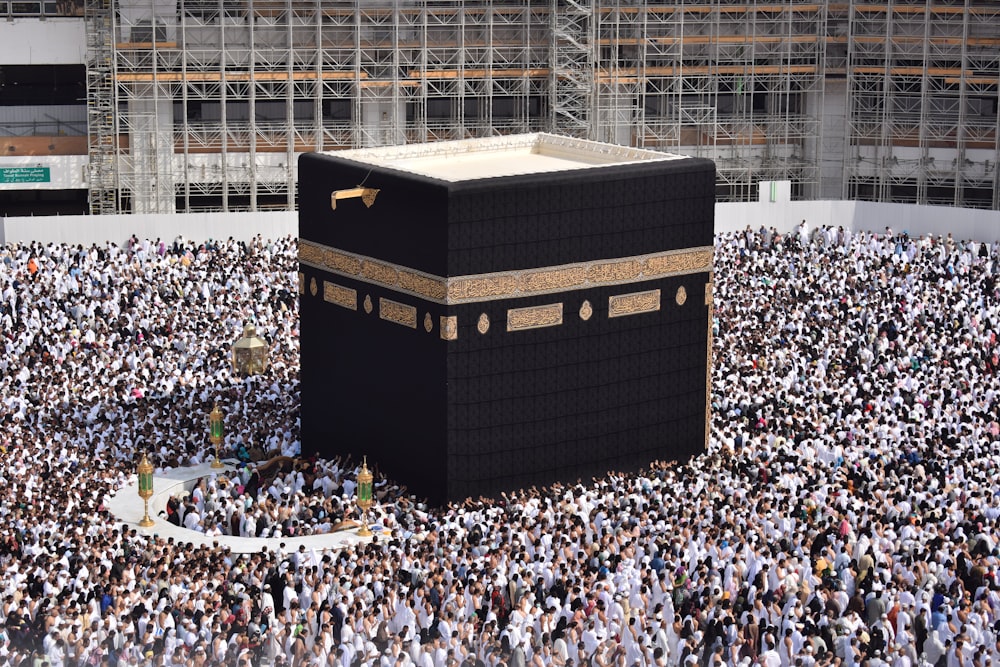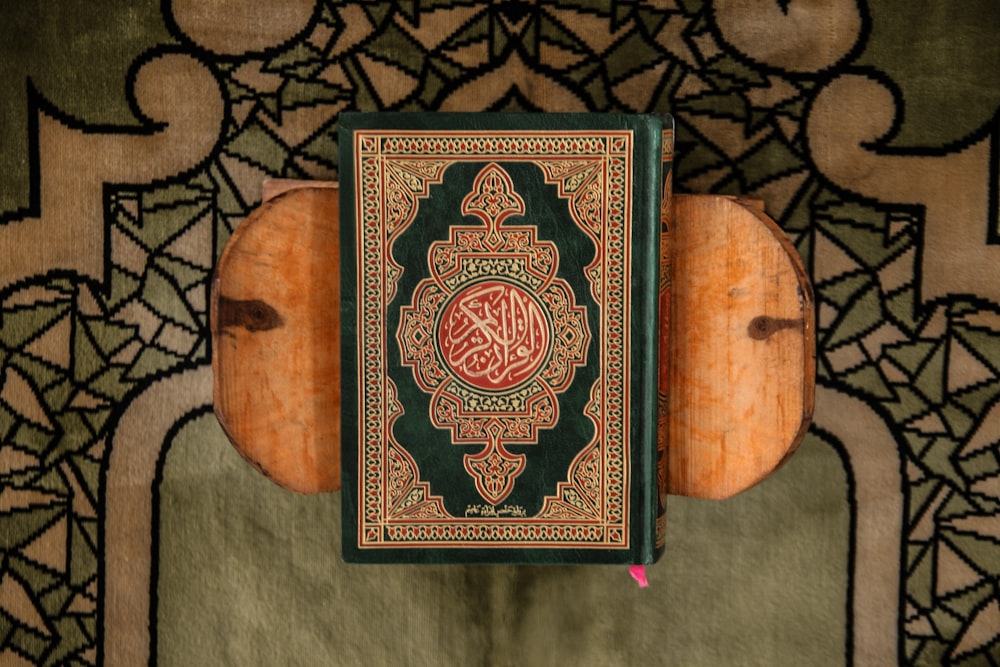The problems of legal integration of Islam
As the world becomes increasingly interconnected, the legal integration of Islam into modern societies emerges as a complex and pressing issue. The intersection of Islamic principles with contemporary legal frameworks poses challenges that demand thoughtful consideration. This article explores the multifaceted problems associated with the legal integration of Islam, addressing issues ranging from cultural clashes to the protection of individual rights. By examining the intricacies of this process, we can better understand the hurdles and work towards fostering a harmonious coexistence of Islamic values within diverse legal systems.
Historical Context: Problems of Legal Integration
Image via Unsplash.com
To comprehend the challenges of legal integration of Islam, it is imperative to delve into the historical context. Islamic law, known as Sharia, has a rich history rooted in the Quran and Hadiths. Traditionally, Islamic legal systems governed various aspects of personal and public life in Muslim-majority countries. However, as Muslim communities have become increasingly dispersed across the globe, the clash between Islamic legal traditions and Western legal systems has become more pronounced.
Cultural Clash: Problems of Legal Integration
One of the foremost challenges in the legal integration of Islam is the clash of cultural values. Western legal systems, often rooted in secular principles, may differ significantly from the religiously influenced Islamic legal traditions. Issues such as family law, marriage, and inheritance pose significant challenges as cultural norms embedded in Islamic teachings may conflict with the prevailing legal norms in many Western societies. Striking a balance that respects both religious beliefs and individual rights becomes a delicate task, requiring a nuanced and inclusive approach to legal integration.
Freedom of Religion vs. Secularism:
Image via Unsplash.com
The tension between freedom of religion and secularism is another critical issue in the legal integration of Islam. While many modern societies champion the principles of religious freedom, secular values play a prominent role in shaping legal systems. Striking a balance that allows individuals to practice their faith while upholding the principles of a secular state becomes a challenging endeavor. Questions arise about the extent to which Islamic principles can be accommodated within legal frameworks without compromising the secular foundations of the legal system.
Gender Equality: Problems of Legal Integration
Gender equality within the context of Islamic law presents a significant challenge in legal integration. Traditional interpretations of Sharia have been criticized for their perceived unequal treatment of women in matters such as divorce, inheritance, and family law. Balancing the principles of gender equality with the religious teachings of Islam requires a careful examination of both legal and cultural aspects. Efforts to reform or reinterpret Islamic law to align with contemporary notions of gender equality are met with resistance, highlighting the complexities of legal integration in this regard.
Criminal Law and Human Rights:
The legal integration of Islam also raises questions about the compatibility of Islamic criminal law with international human rights standards. Practices such as corporal punishment and the application of Hudud laws (punishments mentioned in the Quran) may conflict with the broader human rights framework established by international bodies. Striking a balance between respecting religious traditions and upholding universal human rights poses a formidable challenge in the legal integration of Islam, requiring a nuanced approach to ensure the protection of individual liberties.
Multiculturalism and Social Cohesion:
Image via Unsplash.com
In multicultural societies, the legal integration of Islam must navigate the delicate balance between fostering diversity and maintaining social cohesion. Ensuring that Islamic principles coexist with the legal norms of a society requires active efforts to promote understanding and tolerance. The risk of creating isolated cultural or religious enclaves within a broader societal framework underscores the importance of a comprehensive approach to legal integration that promotes dialogue, inclusivity, and mutual respect.
Education and Awareness: Problems of Legal Integration
A crucial aspect of overcoming the challenges of legal integration of Islam is the promotion of education and awareness. Many misconceptions and biases arise from a lack of understanding about Islamic principles and traditions. Educating both legal professionals and the general public about the tenets of Islam can foster a more informed and empathetic approach to legal integration. This involves not only dispelling stereotypes but also promoting an open dialogue that recognizes the diversity within the Muslim community.
Legal Reforms and Adaptations:
Adapting legal systems to accommodate Islamic principles often involves legal reforms and adaptations. Some countries have implemented parallel legal systems. It allows for the application of Islamic law in specific areas such as family law. However, finding a balance between cultural accommodation and the preservation of a unified legal system is a continuous challenge. Striking the right balance requires careful consideration of the specific needs and concerns of the Muslim community while upholding the overarching principles of the legal system.
Case Studies:

Image via Pexels.com
Examining case studies of countries that have grappled with the legal integration of Islam provides is crucial. It provides valuable insights into the challenges and potential solutions. Countries like the United Kingdom, Canada, and various European nations have implemented diverse approaches to accommodate Islamic legal traditions. Analyzing the successes and shortcomings of these efforts can be helpful. It will inform future strategies for legal integration and contribute to the development of best practices.
Conclusion: Problems of Legal Integration
The legal integration of Islam in modern societies is a complex and multifaceted challenge. It requires careful consideration of cultural, legal, and social dynamics. Striking a balance between respecting religious freedoms and upholding the principles of secular legal systems is an ongoing process. It demands nuanced approaches and a commitment to fostering understanding. The world continues to evolve. So, addressing the problems associated with the legal integration of Islam becomes paramount. Because it is pivotal for creating inclusive and harmonious societies that respect diversity and uphold individual rights. Through thoughtful dialogue, education, and adaptive legal frameworks, we can navigate these challenges. And work towards a future where Islamic principles coexist seamlessly within the tapestry of global legal systems.
In conclusion, the legal integration of Islam necessitates a delicate dance between cultural traditions and contemporary legal norms. Bridging the gap requires ongoing dialogue, education, and a commitment to principles of inclusivity. Acknowledging the challenges and embracing adaptability is crucial. Societies can forge a path that respects religious diversity while upholding fundamental human rights. In this evolving landscape, the journey towards effective legal integration demands a collaborative effort. It also means recognizing the shared values that bind diverse communities in the pursuit of a harmonious coexistence.
USEFUL LINKS:
Click here to read more
Know the historical account of Islamic Civilizations here







